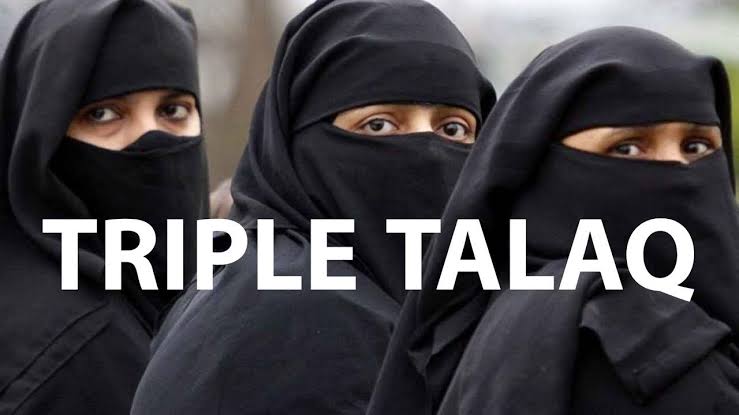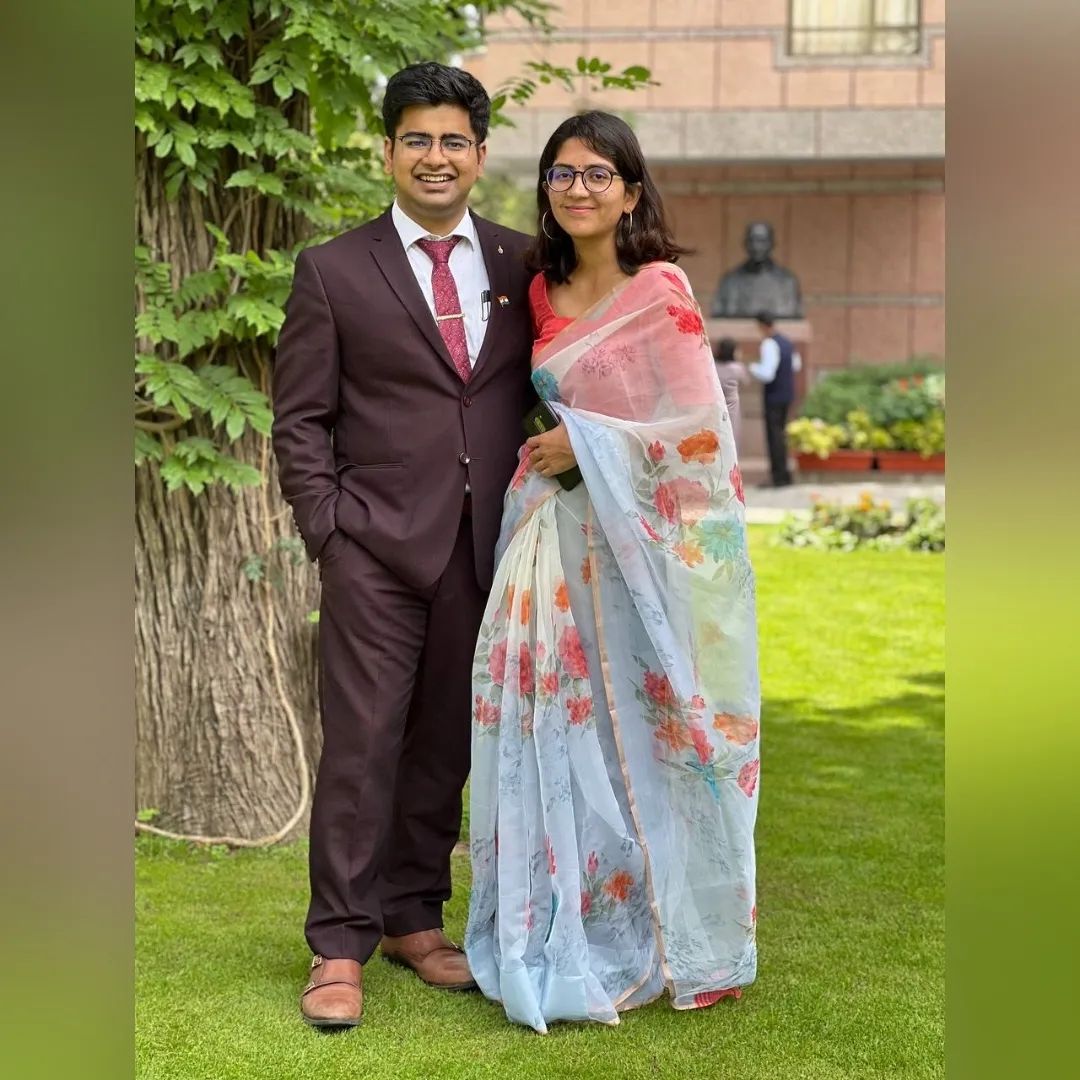
The Muslim Women (Protection of Rights on Marriage) Act, 2019
(Triple Talaq Act)
“Law is the command of the sovereign backed by sanction” – Austin, British jurist
| Why we need this Bill?To hold that person accountable. To create a deterrent, otherwise nobody will follow the SC’s judgement.Law is command of sovereign backed by sanction – Austin, British juristMuftis still continuing the practice after the judgement – around 500 cases || Fatwas are still being promulgated by Maulvis Course correction through society may take centuries. We need state intervention to expedite the process.This is not a religious issue. Its a Social Issue — directly impacting the lives of 10 crore muslim women, who are the integral part of our society. This Bill criminalises ONLY talaq-e-bidat. The problem is not with the concept of talaq, it is with the manner of doing so. |
| What are the contentious issues?Why mixing criminal offence with civil offence. Who will take care of the family after the husband is in jail?Court expenses? There is no provision, like that in Section 24 of Hindu Marriage Act, to demand court expenses.Mutual Divorce provision should be included.Why punishing muslim men for something that doesn’t exist. After the SC judgement, the marriage does not dissolve through talaq-e-bidat. |
| Larger Questions?Why not bring a universal law, irrespective of religious, which penalises ‘any act of abandoning’ wives and children? Religion v/s Social Issues Religion is strictly personal affair. Constitution protects ‘personal practice’ of any belief, religion.The minute, any practices involve interaction of two or more individual, state comes in. One cannot do any harm to any individual in the name of religious practices. Here, institution of marriage, is as much a social institution as it is a religious.Problem starts when we start looking at social issues through the prism of religion. When religious laws dictate the conduct in social practices and guide social relations, we move towards a theological society — which is neither desirable nor required. In Islam, there is no talaq-e-bidat, in its present form. This is a complete creation of the Malauvis. So this practice is even wrong in religious sphere also. |
| Specific Sections under scrutiny |
| Section 2(b) → defines talaq-e-biddat as any form of talaq “having the effect of instantaneous and irrevocable divorce” Section 3 → such a pronouncement in any form, whatsoever, “shall be void and illegal” (2b and 3 contradicts)Section 4 → mandates a three-year imprisonment and fine for this void actSection 7 → declares it as cognisable and non-bailable offence (4 and 7 are in contradiction) |
Criticism
- A very flawed law.
- This amounts to a gross misreading of the August 2017 judgement with neutralised the legal effect of the instant talaq and rendered it bad in law. Talaq-e-biddat does not dissolve the marriage
- Bill makes the ‘offence’ as non-bailable and cognizable amounting to jail term upto 3 years. Moreover the Bill also proposes alimony to be given to the wife and child (if any).
- But the basic problem here is that — self-contradictory and confusing
- Talaq-e-biddat itself does not dissolve the institution of marriage per se as per the SC’s judgement. So there is no case of ‘alimony’ as such, as the marriage is still intact.
- The marriage continues to subsist and it is self-contradictory that how a husband in an active marriage, and imprisoned for three years will be able to provide alimony.
- How come the marriage be still in place and the husband be serving a jail term for giving a ‘divorce’?
- Instant talaq is already void, so there stands no case of it being a criminal offence — so why 3 years of imprisonment?
- Even in Pakistan too, muslim men need to get the divorce, legally through court, not just the religious one — but a legal one too!









![UPSC CSE Topper Mains Answer [Part 2] images-2023-06-17T192027.770](https://iasbio.com/wp-content/uploads/2023/06/images-2023-06-17T192027.770-150x150.jpeg)






